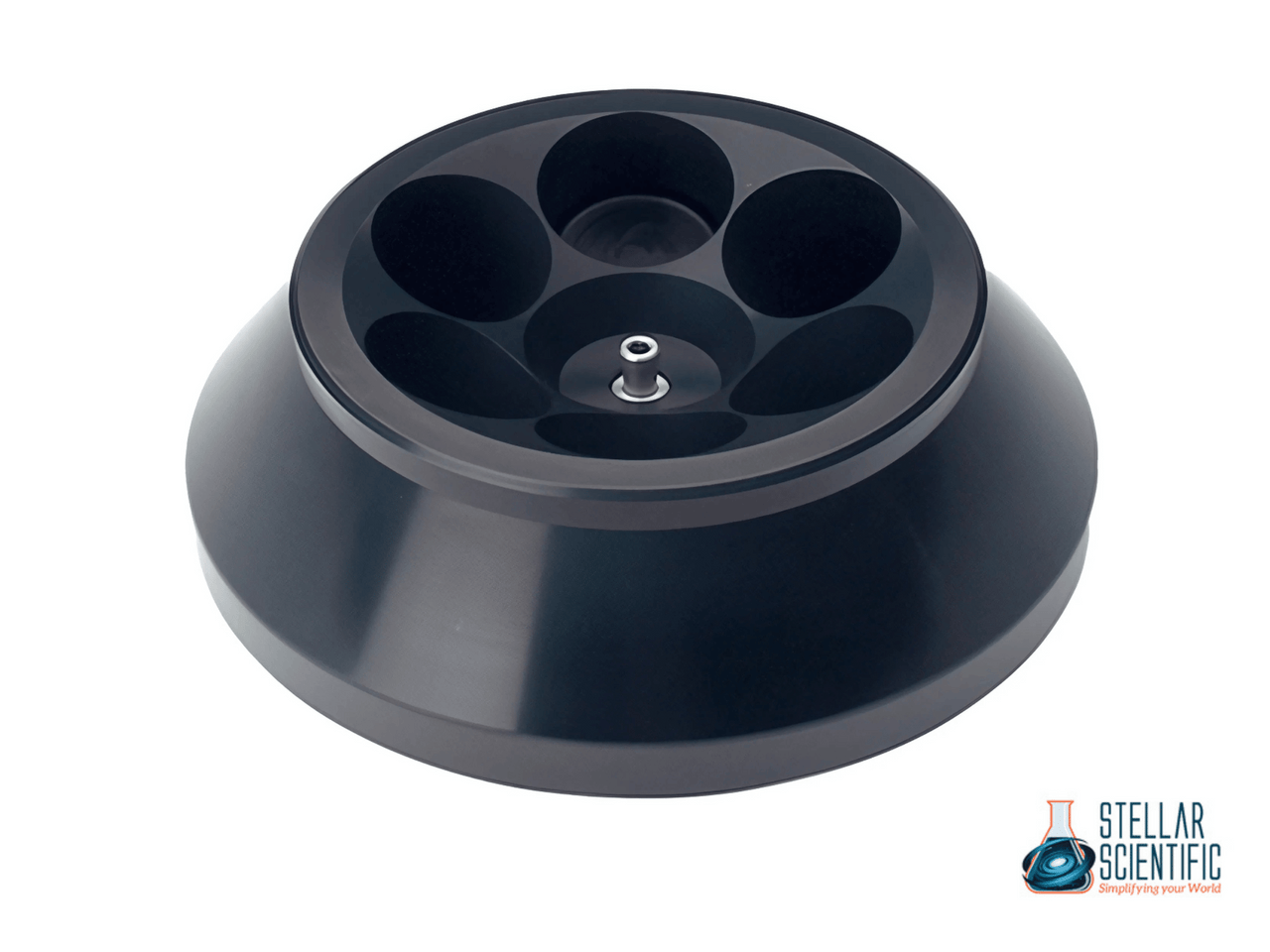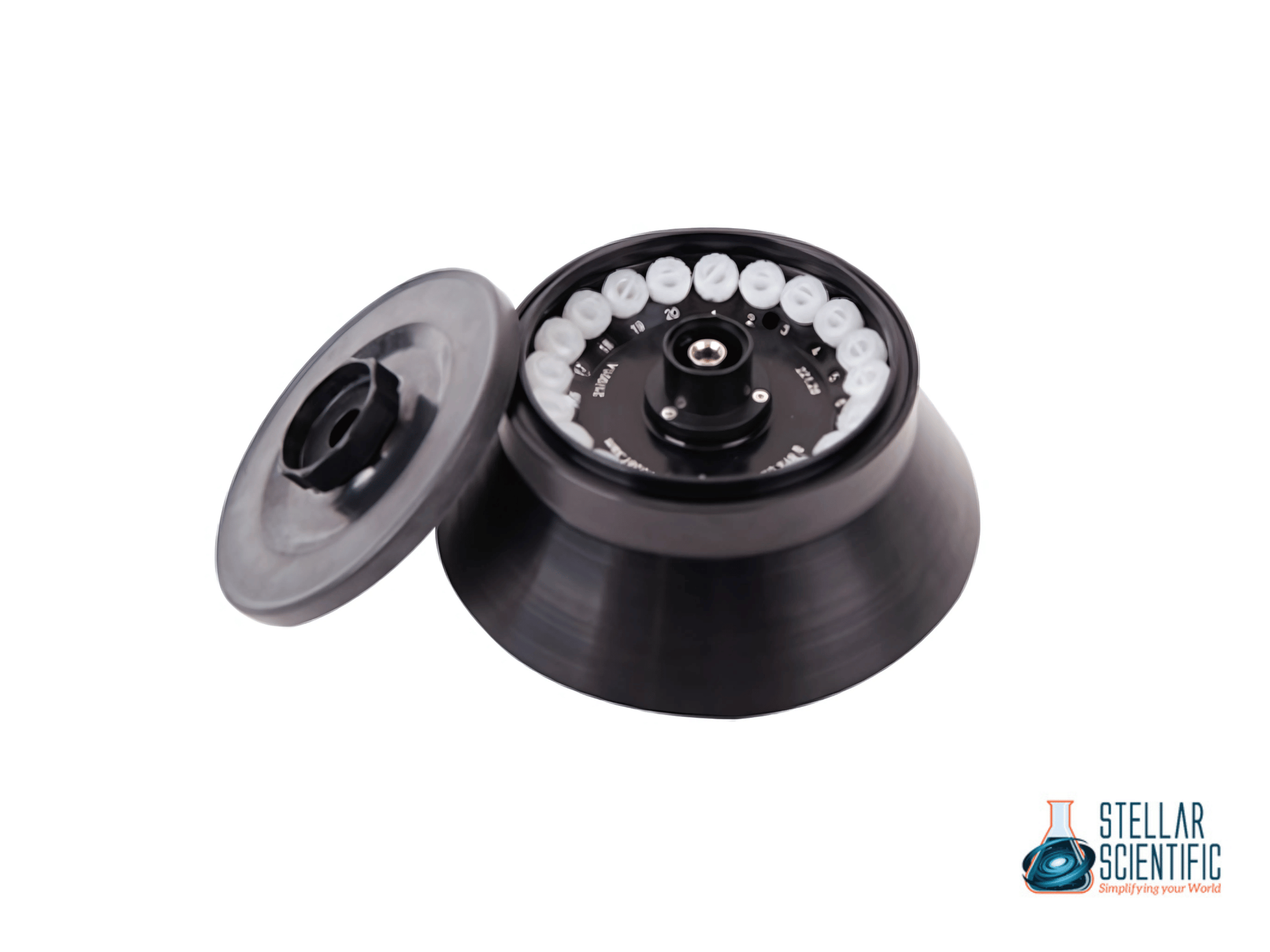When selecting a centrifuge for your laboratory, it is crucial to choose one that best meets your specific research or testing needs. A Hermle centrifuge can provide a high level of performance, reliability, and versatility, but there are a variety of factors you must consider to ensure you select the right model. Whether you are working in a molecular biology lab, a clinical diagnostics lab, or a research facility, this guide will walk you through the most important aspects to look at when choosing a Hermle centrifuge that aligns with your laboratory's requirements.
Understanding Hermle Centrifuges
Hermle centrifuges are well-known for their precision and efficiency. These centrifuges are used to separate substances based on their density by spinning them at high speeds. As the samples are subjected to centrifugal force, particles within the mixture are separated, which is an essential process in many laboratory applications, such as isolating proteins, cells, DNA, and other critical biological materials.
Key Factors to Consider When Choosing a Hermle Centrifuge
1. Sample Type and Volume
One of the first things to consider when choosing a Hermle centrifuge is the type and volume of the samples you will be processing. Are you dealing with small sample volumes or large batches? Hermle centrifuges come in various sizes and models, ranging from small, bench-top units to larger floor-standing units, making it easy to find a centrifuge that matches your lab’s specific sample load.
-
For Small Samples: If your lab typically works with small volumes, such as individual test tubes or microtubes, a smaller, bench-top model will be sufficient. These models are compact and efficient, designed for quick, precise results with minimal space required.
-
For Larger Samples: If you are working with large samples, such as larger tubes, bottles, or multi-well plates, a floor-standing Hermle centrifuge may be more appropriate. These models offer more space and the capacity to process more samples at once.
2. Maximum Speed (RPM)
The speed at which a centrifuge operates, measured in revolutions per minute (RPM), is an important factor in selecting the right model. The higher the RPM, the greater the centrifugal force applied to your samples. This is especially critical for separating smaller particles or for speeding up processes in laboratories that deal with fast-paced research.
Hermle centrifuges offer models with varying maximum speeds. Some are capable of reaching speeds up to 30,000 RPM, while others have more moderate speed capabilities. If you are working with very fine particles or need to achieve high levels of separation, a high-speed centrifuge will be more suitable.
When choosing a model, make sure to match the centrifuge’s speed with the types of materials you are processing. Too high of a speed could cause damage to delicate samples, while too low may not provide sufficient separation.
3. Rotor Type and Compatibility
The rotor is the part of the centrifuge that holds the tubes and other containers during operation. The type of rotor you choose depends on the kind of samples you plan to process.
-
Fixed-angle rotors are ideal for small sample volumes and faster separations. They hold tubes at a fixed angle, which helps accelerate the separation process.
-
Swinging-bucket rotors are suitable for larger sample volumes. These rotors allow the tubes to swing outward during centrifugation, providing more efficient separation for larger volumes and particles.
Another important consideration is rotor compatibility. Different models of Hermle centrifuges come with different rotor options, and many are interchangeable with various adapters. Before making a purchase, it’s essential to ensure that the model you select is compatible with the rotors and adapters you require for your experiments.
4. Sample Container Size
The size of the containers you plan to use will also determine the type of Hermle centrifuge you need. Hermle centrifuges come with multiple options to accommodate a range of sample container sizes, such as microtubes, test tubes, and bottles. Larger volume containers will require a centrifuge with a rotor that supports these sizes.
Check the specifications of the centrifuge to make sure it can accommodate the types of containers you use. Some centrifuges have adjustable adapters that allow you to use a wide range of tube sizes, which can be very helpful in labs where container sizes vary.
5. Temperature Control
In some experiments, maintaining a consistent temperature is crucial. Certain biochemical reactions are sensitive to temperature fluctuations, and cooling your samples during centrifugation can help preserve the integrity of your work.
Many Hermle centrifuge models offer temperature control features. Some come with built-in cooling systems that maintain low temperatures, which are particularly useful for applications like DNA extraction, cell separation, or handling temperature-sensitive proteins. If your lab frequently works with temperature-sensitive samples, be sure to choose a model with the necessary cooling capacity.
6. Noise and Vibration Levels
If your laboratory environment demands quiet operations or if you are working in a shared space, consider a Hermle centrifuge with low noise and vibration levels. Centrifuges that produce excessive noise or vibrations can be disruptive, potentially impacting the quality of your work and the comfort of your lab personnel.
Hermle centrifuges are designed with noise reduction in mind, and many of their models come with noise-dampening features that ensure smooth, quiet operation, even during high-speed centrifugation.
7. Safety Features
Safety is always a top priority in laboratory environments. When selecting a centrifuge, you should prioritize models that offer comprehensive safety features. Hermle centrifuges are equipped with a range of safety mechanisms to ensure user protection during operation.
-
Automatic lid locking: Ensures the centrifuge lid remains securely closed during operation, preventing accidents or spills.
-
Imbalance detection: Stops the centrifuge automatically if the load is unevenly distributed, preventing damage to the machine and ensuring accurate results.
-
Over-speed protection: Protects both the samples and the machine by limiting the speed to safe levels.
By selecting a Hermle centrifuge with these safety features, you can minimize the risk of accidents and ensure a safe working environment for everyone in your lab.
8. User-Friendly Interface
In a busy laboratory, you need equipment that’s easy to operate, with minimal training required. Hermle centrifuges are known for their intuitive user interfaces. Many models feature digital displays with simple controls that allow you to easily adjust parameters such as speed, time, and temperature.
Additionally, many Hermle centrifuges include preset programs for common applications, so you can start your experiments with just a few button presses. The more user-friendly the centrifuge, the less time you’ll spend learning how to use it and more time conducting valuable research.
9. Service and Maintenance
Regular maintenance is essential for keeping your centrifuge in optimal working condition. Hermle centrifuges are designed for easy maintenance, and many models feature self-diagnostics and alerts to let you know when the machine requires attention.
When choosing a Hermle centrifuge, it’s important to consider the availability of service and support. Stellar Scientific, for example, offers technical support, maintenance services, and repair options to help you keep your equipment running smoothly and to extend its lifespan.
Selecting the right Hermle centrifuge for your lab requires careful consideration of your specific needs and laboratory requirements. Key factors such as sample volume, speed, rotor type, and temperature control will all influence which model is best for you. By understanding the different features of Hermle centrifuges, you can confidently choose the one that will provide the highest performance and meet the demands of your experiments.
At Stellar Scientific, we understand the importance of selecting the right equipment to support your lab's work. We are committed to offering a variety of Hermle centrifuges to suit a wide range of applications and lab environments. If you need help selecting the right model for your lab, our team is here to provide expert advice and support to ensure you make the best choice.



